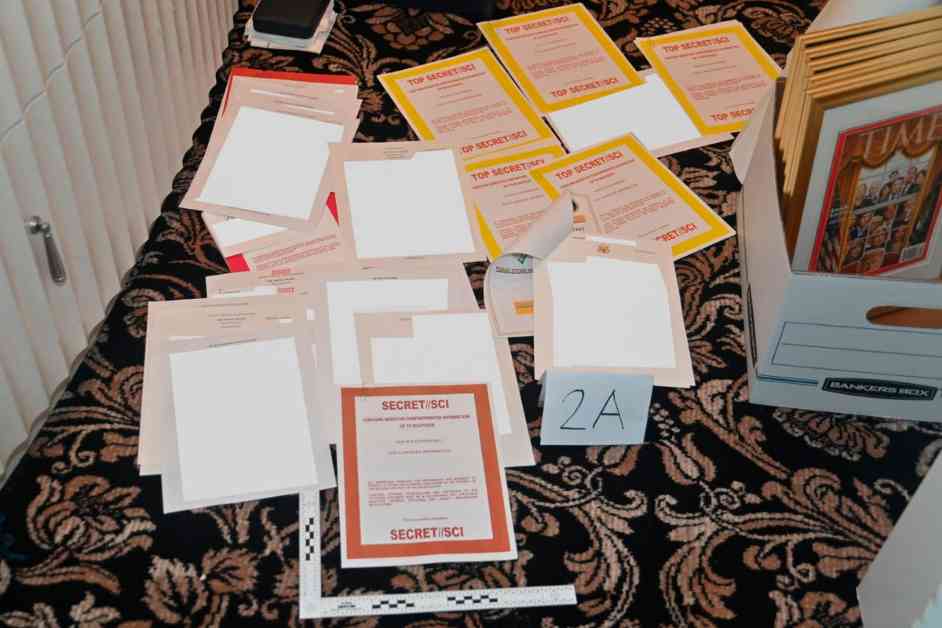Donald Trump has been using the Presidential Records Act (PRA) as a defense in a case involving classified documents, but experts say he has misinterpreted the law. The PRA was put in place in 1978 after the Watergate scandal to ensure that presidential records belong to the American people and are handed over to the National Archives at the end of each presidency. However, Trump’s legal team argues that he had the discretion to designate the records as personal, therefore his possession of them was authorized.
Former Attorney General Bill Barr called this legal theory “absurd” and stated that the purpose of the PRA is to prevent presidents from taking official documents out of the White House. Barr emphasized that the law only allows the president to take materials that are purely private and have nothing to do with government policy deliberations. Trump’s legal team, on the other hand, claims that the PRA gives the president unreviewable discretion to designate records as personal.
In a recent hearing, Judge Cannon appeared skeptical of Trump’s arguments regarding the PRA and his attempt to use it as a shield. She also suggested that part of Trump’s arguments could be noteworthy when it comes to jury instructions. The case involves a raid on Mar-a-Lago in which more than 100 classified documents were found, despite multiple requests and subpoenas to return them to the government.
Legal experts argue that even if a president can claim classified information as personal records under the PRA, obstructing justice is still a punishable offense. The law was enacted to prevent presidents from abusing their power and taking official documents with them after their term ends. It remains to be seen how the court will interpret the PRA in Trump’s case and whether his defense will hold up in court.








